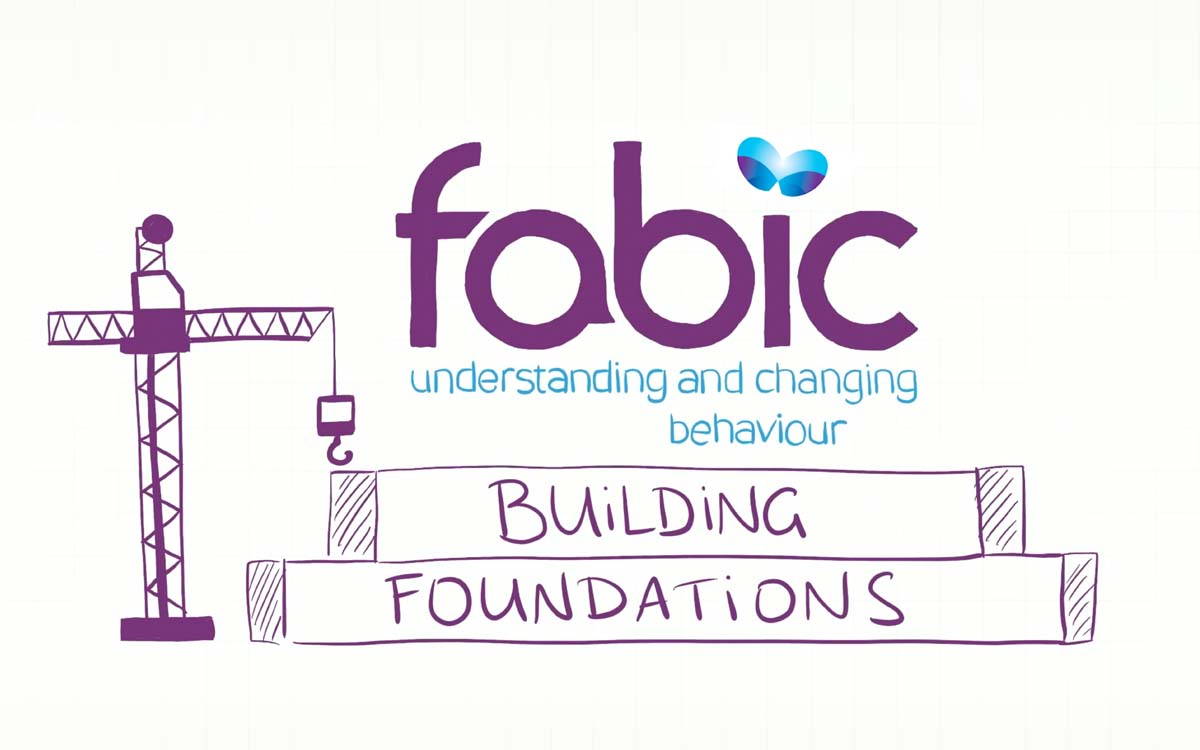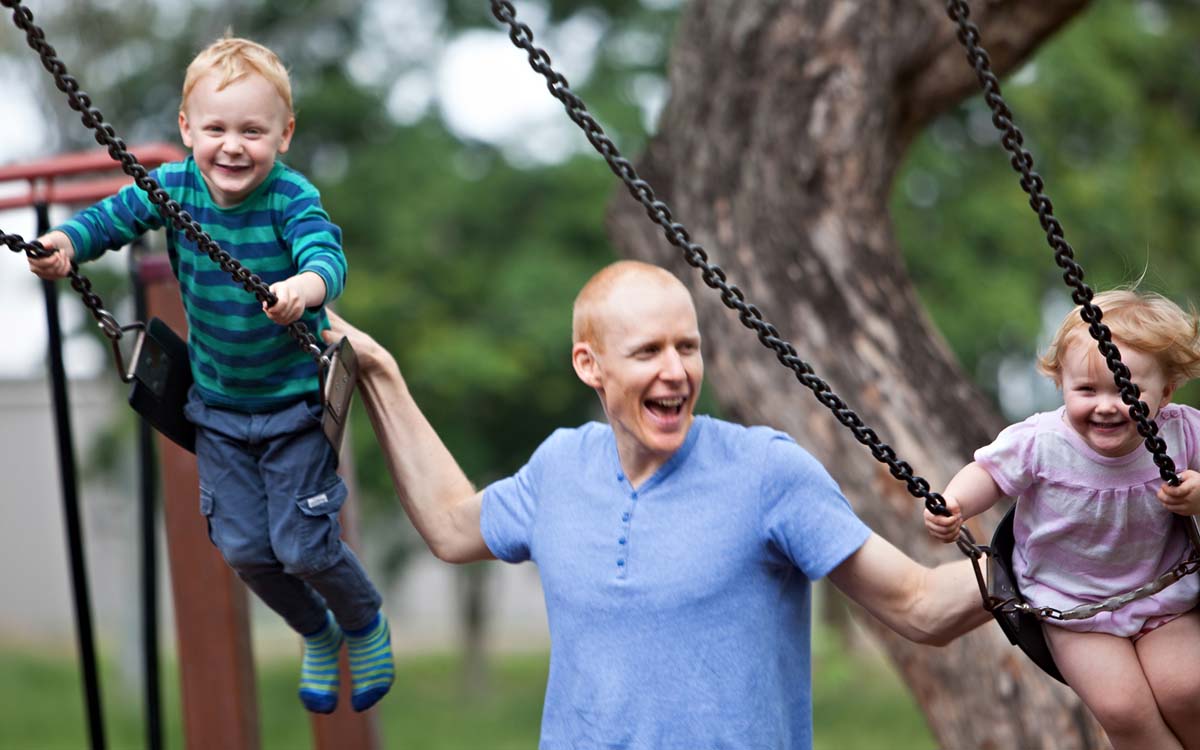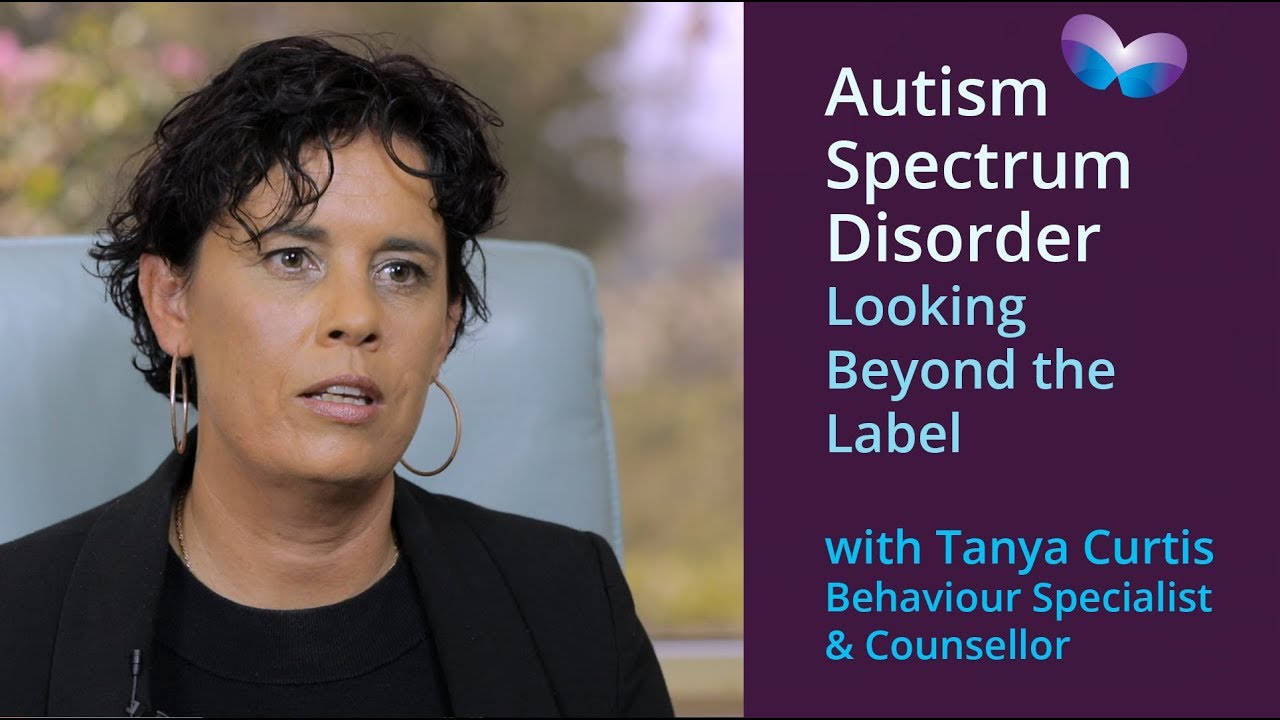Question:
Answer:
A question I often pose to people: If you receive pay without having to go to work, would you still go to work? More often than not, the answer would be, “No, I would prefer to go to the beach, hang out with friends, stay with the kids … almost anything that is not going to work”.
If the purpose for you of going to work is to get money, then why go to work if you are getting paid for free. If your purpose for going to work is about giving back, offering a service to humanity, then the answer may still be yes, however, this is not yet our normal status of humanity and thus work is typically motivated by money.
If we relate this same example to children and teens we can replace the word ‘pay’ with ‘wants’. If children are given their wants without having to go to work, would they still go to work? The answer in most situations would be no.
What if we offered our future adults (ie. our current children and teenagers) the same foundation that will support them as adults to be committed to the day-to-day aspects of life?What if going to work was about learning and participating in life skills that will support future independence — activities such as:
- Helping prepare meals that will lead to eventually independently preparing meals
- Helping with washing, which will lead to independently knowing how to wash, Completing morning, afternoon and evening schedules
- Helping with any task and commitments required in the home and/or community that lead to further development of independent skills.
If these jobs equaled a form of pay such as tokens, stars, points, money etc. that could be later exchanged for their wants, when a child asks ‘Can I have …’ the answer would always be: “Yes, when you have been to work (ie. completed allocated and agreed upon tasks) you can access your own wants, just like any adult.”
Unfortunately, a pattern I see for parents is that we randomly give #children their wants without requiring the child to earn these wants. The answer becomes dependent on the parents who sometimes says yes and sometimes say no. This often creates inconsistency, unpredictability and thus anxiety.
What if the answer was always “YES — when you have earned what is needed to access this want”. Thus when you are at the farm, grocery store, t-shirt shop or anywhere, the opportunity to purchase is up to the child and not the parent.
The parent simply responds to any question of “Can I …?” with “Absolutely yes — when you have earned your pay”.
This article was originally published in the June 2018 Edition of Haven Magazine.







